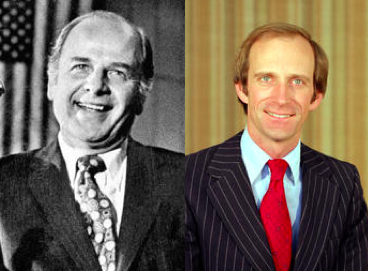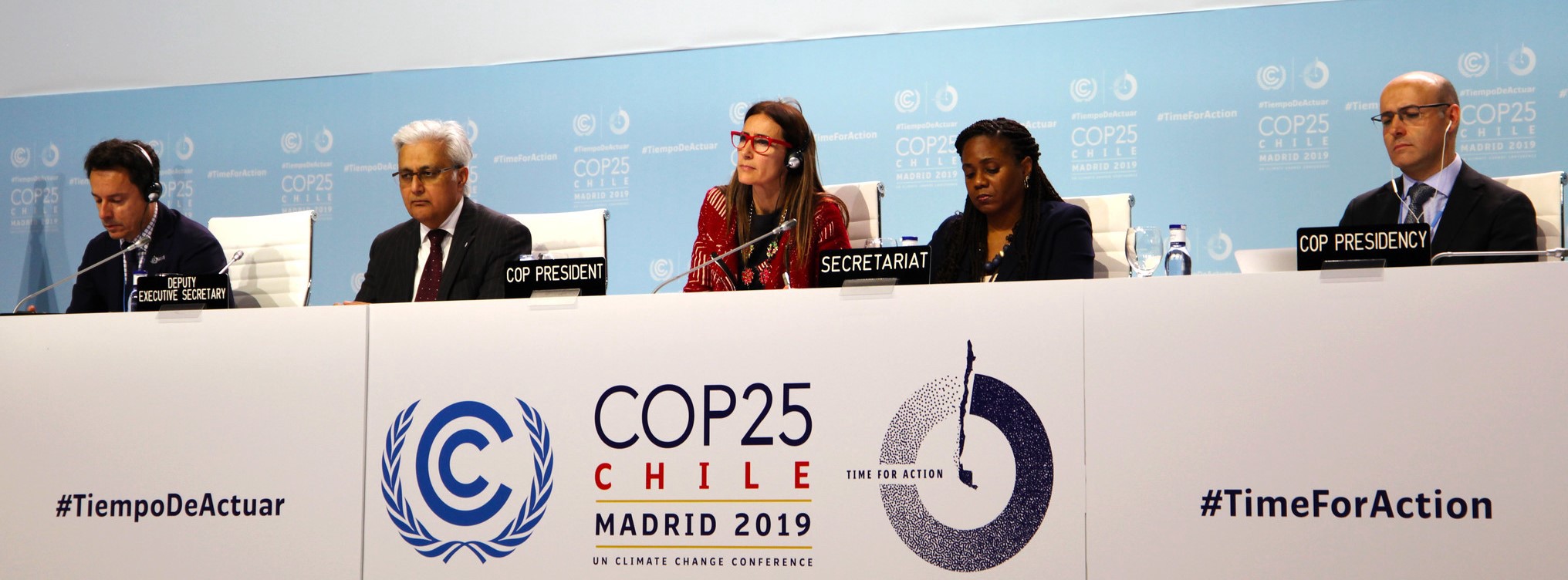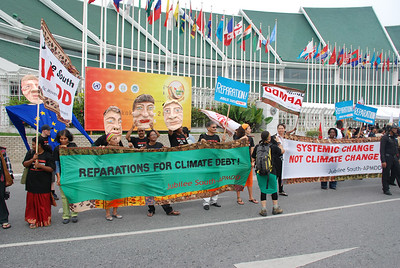International Environmental Law
Resuscitating Obama’s Environmental Legacy
Trump has had a single-minded focus on eliminating any traces of Obama’s presidency. But it’s not too late to turn the tide.
We’ve now had nearly four years of Trump’s all-out war on environmental protection. Trump has single-mindedly tried to wipe out every trace of Obama’s legacy. It’s time to see what’s left of Obama’s achievements. And what could a new President do to revive his legacy? In a Legal Planet post a week before the last …
Continue reading “Resuscitating Obama’s Environmental Legacy”
CONTINUE READINGEarth Day’s 50th Anniversary: A Reflection
Why Celebrating Environmental Values & Goals Is Now More Important Than Ever
Today marks the 50th anniversary of America’s first Earth Day. Beginning on April 22, 1970, the United States and global community have rallied each year to celebrate environmental values and goals. It seems especially important to commemorate and continue that tradition in the midst of the current coronavirus pandemic. The first Earth Day was a …
Continue reading “Earth Day’s 50th Anniversary: A Reflection”
CONTINUE READINGHow Sustainable is the Electric Vehicle Battery Supply Chain?
New CLEE and NRGI “FAQ” released today addresses common misconceptions
Co-authored with Ted Lamm and Patrick Heller (advisor at the Natural Resource Governance Institute and a senior visiting fellow at CLEE) The global transition from fossil fuel-powered vehicles to electric vehicles (EVs) will require the production of hundreds of millions of batteries. The need for such a massive deployment raises questions from the general public …
Continue reading “How Sustainable is the Electric Vehicle Battery Supply Chain?”
CONTINUE READINGEurope Mulls its First Climate Law
What would it do in terms of emissions targets and likely actual mitigation?
The European Union is, if one treats it as a country, the world’s third greatest emitter of greenhouse gases (GHGs). It has also been a leader in emissions reduction (“mitigation”), and its per capita emissions are merely 43% of the US’s. The EU government is presently considering a major new climate law that will set …
Continue reading “Europe Mulls its First Climate Law”
CONTINUE READINGWe Can’t Count on Cutting Greenhouse Gas Emissions to Prevent Dangerous Climate Change
Although reducing emissions remains essential, it is time to focus on additional responses
Last month, representatives of all countries gathered for their annual meeting to prevent climate change. Despite the motto “Time for Action,” the New York Times described it as “one of the worst outcomes in a quarter-century of climate negotiations.” Should we be surprised? Disappointed? Despairing? I believe that insufficient cuts in greenhouse gas emissions — …
CONTINUE READINGA Continent on Fire Ignores Climate Change
Conditions in Australia keep getting worse. The government offers platitudes.
Australia is remarkably exposed to climate change and remarkably unwilling to do much about it. Conditions keep getting worse. Yet climate policy in Australia has been treading water or backpedalling for years, as I discussed in an earlier post. Let’s start with the temperature. The Guardian reports that in the year up to July 2019, …
Continue reading “A Continent on Fire Ignores Climate Change”
CONTINUE READINGNetherlands’ Supreme Court Demands More Emissions Cuts
However, today’s ruling will likely have little direct impact
Today the Netherlands’ supreme court sided with an environmental organization and ruled that the Dutch government has an obligation to reduce greenhouse gas emissions more aggressively. This is being widely praised by environmentalists and others concerned about climate change. However, this historic ruling will likely have little impact on actual emissions, at least directly. At …
Continue reading “Netherlands’ Supreme Court Demands More Emissions Cuts”
CONTINUE READINGPost-Madrid, China And California Have An Opportunity To Lead
As international climate action falters, the two climate leaders can fill the void
Note: this post is co-authored with Fan Dai, director of the University of California’s California-China Climate Institute. With the high-profile failure of last week’s UN climate conference in Madrid, the focus of international action on climate change will need to shift to political leaders of key global economies. We attended the conference in Madrid on …
Continue reading “Post-Madrid, China And California Have An Opportunity To Lead”
CONTINUE READINGGuest Blogger Divya Rao: Confronting Reality: A Lack of Accountability at COP25
The Support of Toyota and Other Manufacturers for the Trump Administration’s Policy Rollbacks Shows the Need to Confront Corporate Decisionmaking on Energy and Climate
As Cara Horowitz and Idalmis Vaquero discussed in their blog posts, the true highlight of COP 25 has been the numerous youth and indigenous interventions, actions, and disruptions. After spending four days at the COP, I came away from the events surprised by the level of corporate visibility and greenwashing in the side events, but …
Continue reading “Guest Blogger Divya Rao: Confronting Reality: A Lack of Accountability at COP25”
CONTINUE READINGCOP-Out 25: Why Madrid’s Failure May Not Really Matter
Carbon markets are unlikely to be central to global decarbonization efforts
The 25th United Nations Conference of the Parties (COP) in Madrid ended largely in failure on Sunday, with the parties unable to come to agreement on provisions governing a potential international carbon market. How big a deal is that failure? Like my UCLA Law colleagues, I attended the conference in Madrid and witnessed similar dynamics …
Continue reading “COP-Out 25: Why Madrid’s Failure May Not Really Matter”
CONTINUE READING












